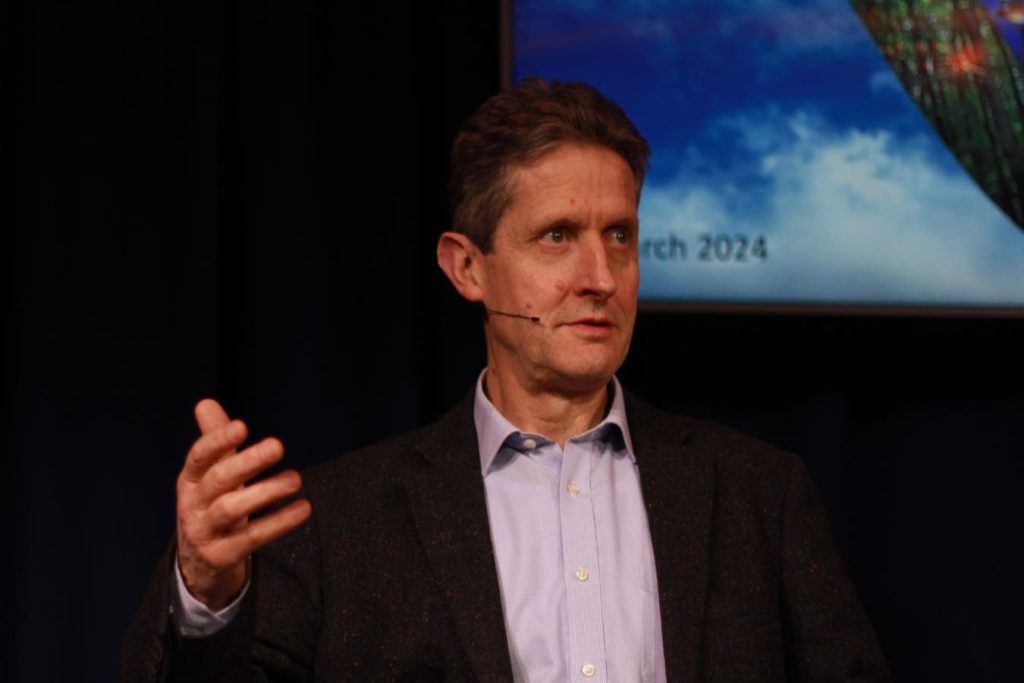This week, prominent climate scientist Professor Myles Allen spoke at Gresham College in London, discussing the topic of “A Just and Inclusive Net Zero.” Professor Allen, known for his extensive work on climate change, emphasized the importance of having realistic expectations when it comes to transitioning away from fossil fuels. He highlighted the fact that even in scenarios aligned with the Paris Agreement, fossil fuels will still be used at a significant rate in 2100, due to the growing global population and increased energy needs. He cautioned against the belief that achieving net zero emissions will be easy or cheap, emphasizing the need for a variety of energy sources, including natural gas and nuclear power, in addition to renewables.
Professor Allen also called out what he referred to as the “climate establishment,” a group of experts and organizations that often disregard the perspectives of average citizens and prioritize their own ideas over those of others. He stressed the importance of engaging with a diverse range of stakeholders, including conservative voices, in order to develop effective climate policies that are widely acceptable. He also highlighted the need for a just transition not only for workers in fossil fuel industries but also for low and middle-income individuals who may face challenges in adopting new technologies like electric cars and heat pumps.
In terms of addressing the role of the fossil fuel industry in climate change, Professor Allen proposed a solution that involves capturing and permanently storing the carbon dioxide emissions generated by these companies underground. He argued that this approach, known as geologically stored carbon fraction, could be a viable way to reduce the impact of fossil fuels on the climate while still allowing the industry to operate. He emphasized the industry’s expertise in geological carbon management and suggested that they could gradually increase their carbon capture efforts over time, with both regulatory and market incentives driving the process.
Overall, Professor Allen’s lecture emphasized the need for practical, non-ideological solutions to climate change that take into account the complexities of transitioning to a low-carbon economy. He challenged traditional thinking about fossil fuel use and highlighted the importance of engaging with a diverse range of stakeholders, including those typically excluded from climate discussions. By focusing on realistic strategies and collaboration between various groups, Professor Allen suggested that it is possible to achieve a more just and inclusive transition to a net-zero future.


